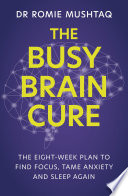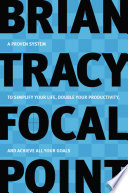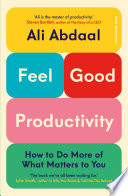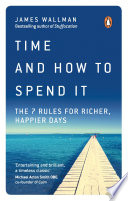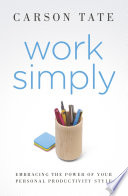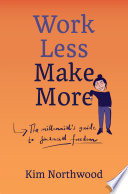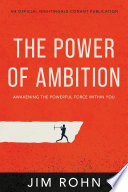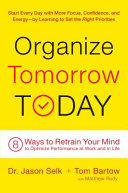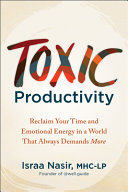Summary
In '18 Minutes,' author Peter Bregman presents a compelling framework for achieving personal and professional goals amidst the distractions of modern life. The book is structured around the idea that effective time management and focus can be distilled into a simple daily practice of 18 minutes. Bregman emphasizes the need for individuals to set clear goals that align with their values and to prioritize those goals in their daily activities. Through a combination of planning, reflection, and adaptability, readers are encouraged to take charge of their time and make meaningful progress toward their aspirations.
The book begins by discussing the pervasive nature of distractions in contemporary society and the impact they have on our ability to concentrate and achieve our objectives. Bregman argues that without a clear sense of focus, individuals can easily become overwhelmed and lose sight of what truly matters. To combat this, he introduces the '18-Minute Rule,' which serves as a practical guide for structuring daily routines. By dedicating specific time blocks to planning, assessment, and reflection, readers can maintain clarity and direction in their pursuits.
Bregman also emphasizes the importance of setting clear, actionable goals. He advocates for breaking down long-term aspirations into smaller, manageable tasks that can be tackled on a daily basis. This process not only helps individuals stay organized but also provides a sense of accomplishment and motivation as they check off completed tasks. The author encourages readers to regularly reassess their goals, ensuring they remain aligned with their evolving values and desires.
Flexibility is another key theme in the book. Bregman acknowledges that life is unpredictable and that circumstances can change rapidly. Therefore, he encourages readers to be adaptable and open to reassessing their priorities as needed. This mindset fosters resilience and allows individuals to navigate challenges without becoming discouraged.
Reflection is presented as a vital practice for personal growth. Bregman encourages readers to take time to evaluate their actions and decisions regularly, learning from both successes and setbacks. This practice enhances self-awareness and helps individuals stay connected to their goals, ensuring that their actions remain aligned with their desired outcomes.
The author also highlights the importance of building a support system. Surrounding oneself with a network of mentors, colleagues, and friends can provide motivation, accountability, and valuable insights. Bregman emphasizes that success is often a collective effort, and leveraging the strengths of others can lead to greater achievements.
Lastly, the book underscores the significance of prioritizing well-being. Bregman argues that productivity should not come at the expense of health or personal relationships. By integrating self-care practices into daily routines, individuals can sustain their energy and motivation over the long term. The author encourages readers to recognize the value of balance and to make intentional choices that support their overall well-being.
In summary, '18 Minutes' offers a practical and actionable approach to personal productivity and goal achievement. Through a combination of focus, planning, reflection, and adaptability, readers are empowered to take control of their time and make meaningful progress toward their aspirations. Bregman's insights and strategies provide a valuable roadmap for anyone seeking to navigate the complexities of modern life while remaining true to their goals and values.





